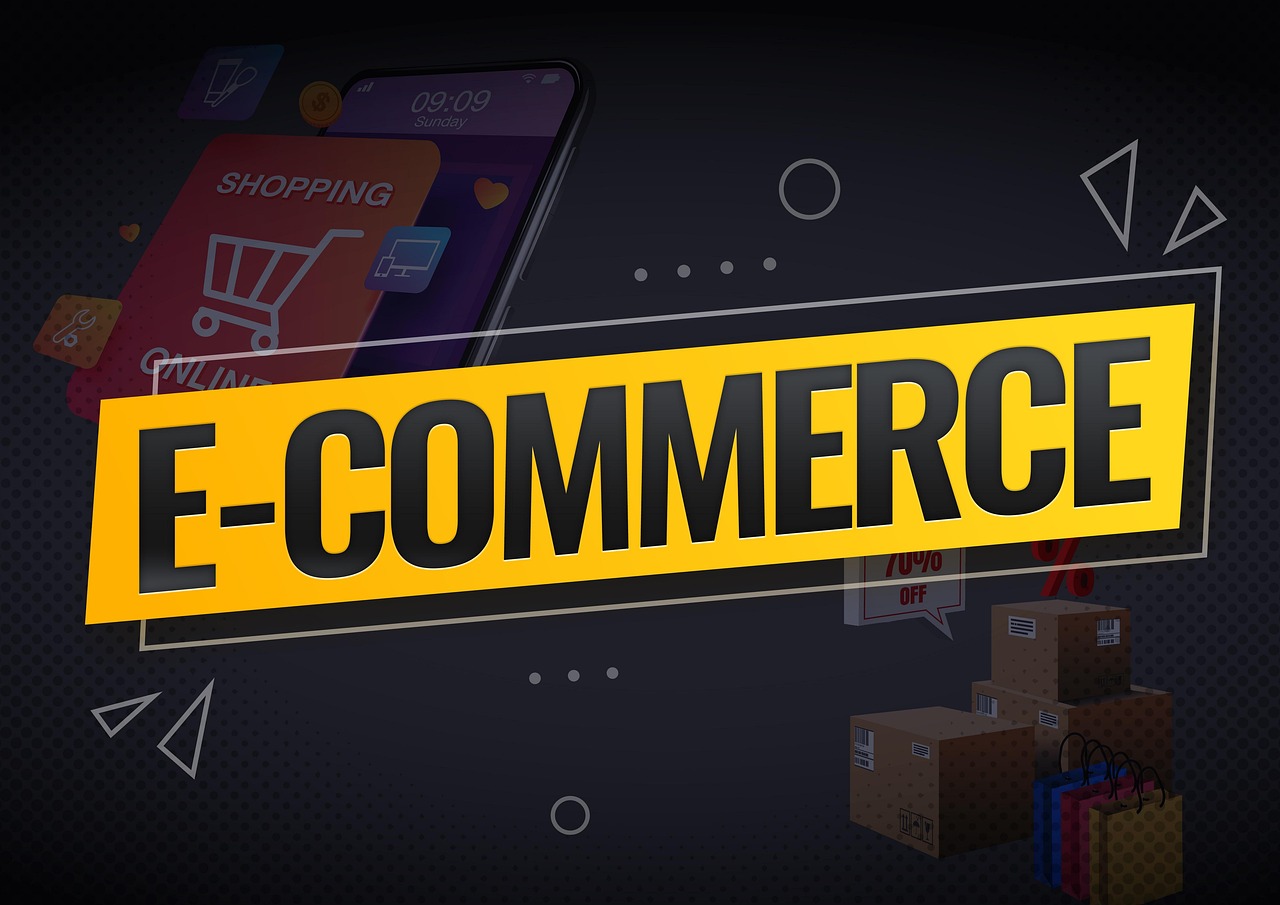Building a strong e-commerce tech team is all about finding skilled, creative, and collaborative people with excellent problem-solving abilities to keep your online store running smoothly.
Every click, checkout, and customer experience depends on a well-oiled tech backbone. If your team lacks expertise, even small glitches can cause you to lose sales and ruin your reputation.
A smartly assembled e-commerce tech team doesn’t just fix problems; they anticipate them. Providers of tech recruitment services say your team should be able to optimise site speed and ensure secure transactions.
Well-chosen team members also understand user behaviour, security, and integrations. These factors can make the difference between an abandoned cart and a completed purchase. Because of this, they play a huge role in your business growth.
Finding the Right Members for Your E-Commerce Tech Team
Working with the perfect team starts with hiring the right members. Find the ideal employees with these tips:
1. Determine your business and staffing needs.
Identifying your business and staffing needs ensures you avoid hiring new employees with skill gaps or unnecessary workers that drain resources.
Start by assessing your current platform and future goals. Are you launching a brand-new online store or optimising an existing one? From here, you can identify the needs that will shape your required roles.
Next, consider the core areas of your tech stack. These may be web development, UX design, or data analytics.
Consider your budget as well. If you don’t have a large budget for your team, you can work with both full-time employees and part-time or freelance workers to cut costs.
Cybersecurity, back-end development, and other tasks might need an in-house team, while others, like SEO optimisation, may be outsourced.
2. Incorporate DEI in the hiring process.
Diversity, equity, and inclusion (DEI) encourage innovation and creativity in workplaces. When you have a diverse tech team, you can rely on different perspectives and problem-solving approaches to maintain your site.
Below are some tips for incorporating DEI during the hiring process:
- Use inclusive language that appeals to diverse applicants in your job descriptions.
- Avoid stating vague requirements on job descriptions that might discourage qualified applicants with diverse backgrounds from applying.
- Use gender-neutral terms.
- Follow a structured interview format that uses standardised questions for all candidates.
-
Find candidates with niche skill sets.
A strong e-commerce tech team consists of specialists with niche skill sets that match your business needs.
For example, if you have a Shopify store, you need developers who understand Liquid, not just generic web coding. If you rely on data-driven marketing, look for a skilled data analyst who knows e-commerce metrics.
Cybersecurity is another area where specialisation matters. After all, online stores handle sensitive customer data. Hiring a security specialist who understands PCI compliance and fraud prevention can save you from costly breaches.
Hiring employees with the right niche skills can help you avoid a lot of problems and ensure a smooth experience for your team and customers.
3. Employ data-driven hiring strategies.
The right metrics can help you find the right candidates faster and reduce the risk of bad hires.
Use an applicant tracking system (ATS) or AI-powered recruitment tool to filter resumes. These tools help you shortlist applicants based on keywords, skills, and experience levels you set.
These tools allow you to get a shortlist of qualified candidates within minutes instead of hours.
Make sure you also conduct data-driven interviews. In addition to standardised interview questions, have candidates take behavioural tests and complete relevant challenges (for instance, coding tests for website developers) to gauge their technical and soft skills objectively.
When you use data to guide hiring decisions, you can build a strong, capable tech team that directly contributes to your e-commerce success.
4. Create a balanced team.
Although you may not have the budget, try to hire members for both the front-end and back-end parts of e-commerce site development and management.
Even if you have a good creative team, you can lose customers if there are delays in shipping orders.
Likewise, a well-designed, intuitive website maintained by your team will also likely be overlooked, which will cause you to lose leads if you don’t have a marketing specialist.
To have a functional, successful e-commerce site, you need a team that can work on the technical, marketing, customer service, and other elements of your online shop. If budget is an issue, consider a hybrid team and, as mentioned, hire freelancers and part-time workers.
5. Set clear expectations and goals for the team.
Once you have your team, set clear expectations and objectives for the group and each member.
From the start, everyone should know their role and responsibilities. They should also be aware of all goals to track their progress. For instance, if the goal is to improve load times, set a specific target, like reducing it to under two seconds.
When expectations are clear, your employees will know what to prioritise. Team leads can also establish the metrics to measure.
As your team starts working, ensure there are regular check-ins and feedback loops to keep everyone aligned and motivated.
With all these in place, you can have a tech team to help you achieve your business goals.
In e-commerce, technology is everything. The right tech team allows you to keep your business running efficiently and customers coming back.



































